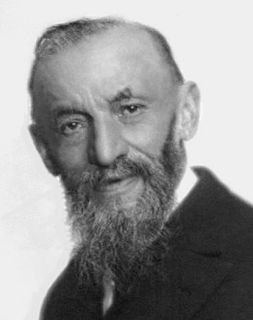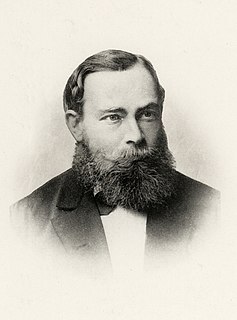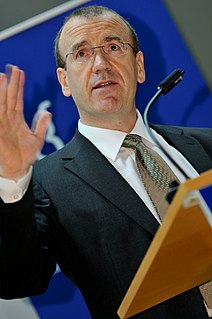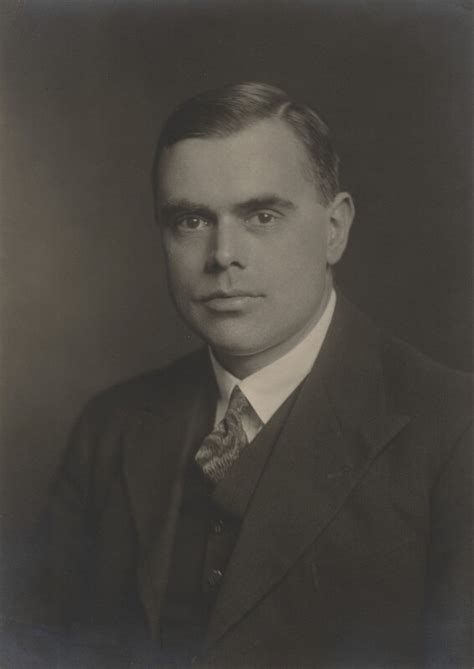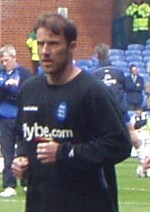A Quote by Steven Chu
I approached the bulk of my schoolwork as a chore rather than an intellectual adventure. The tedium was relieved by a few courses that seem to be qualitatively different. Geometry was the first exciting course I remember. Instead of memorizing facts, we were asked to think in clear, logical steps. Beginning from a few intuitive postulates, far reaching consequences could be derived, and I took immediately to the sport of proving theorems.
Quote Topics
Adventure
Asked
Beginning
Bulk
Chore
Clear
Consequences
Could
Course
Courses
Derived
Different
Exciting
Facts
Far
Few
First
Geometry
Immediately
Instead
Intellectual
Intuitive
Logical
Memorizing
Proving
Rather
Reaching
Relieved
Remember
Schoolwork
Seem
Sport
Steps
Tedium
Than
Theorems
Think
Took
Were
Related Quotes
There are a few other things that I built when I was at Harvard that were kind of smaller versions of Facebook. One such program was this program called Match. People could enter the different courses that they were taking, and see what other courses would be correlated with the courses they are taking.
Certainly it is permitted to anyone to put forward whatever hypotheses he wishes, and to develop the logical consequences contained in those hypotheses. But in order that this work merit the name of Geometry, it is necessary that these hypotheses or postulates express the result of the more simple and elementary observations of physical figures.
I know of a few multimillionaires who started trading with inherited wealth. In each case, they lost it all because they didn't feel the pain when they were losing. In those formative first few years of trading, they felt they could afford to lose. You're much better off going into the market on a shoestring, feeling that you can't afford to lose. I'd rather bet on somebody starting out with a few thousand dollars than on somebody who came in with millions.
When I got to college, I planned to be a math major, and, in addition to signing up for some math courses, I decided to take some philosophy. Quite by chance, I took a philosophy of science course in which the entire semester was devoted to reading Locke's Essay. I was hooked. For the next few semesters, I took nothing but philosophy and math courses, and it wasn't long before I realised that it was the philosophy that really moved me.
It really is worth the trouble to invent a new symbol if we can thus remove not a few logical difficulties and ensure the rigour of the proofs. But many mathematicians seem to have so little feeling for logical purity and accuracy that they will use a word to mean three or four different things, sooner than make the frightful decision to invent a new word.
Investors want to know how exposed a business is to climate change. The physical risks to Tesco are clear, but could be far-reaching. Freak weather in the past few months has disrupted our supply lines in Hungary, Bangladesh and Korea. Any responsible board of directors should be planning ahead, thinking through these risks, and presenting them in a clear, transparent way
Perhaps the most surprising thing about mathematics is that it is so surprising. The rules which we make up at the beginning seem ordinary and inevitable, but it is impossible to foresee their consequences. These have only been found out by long study, extending over many centuries. Much of our knowledge is due to a comparatively few great mathematicians such as Newton, Euler, Gauss, or Riemann; few careers can have been more satisfying than theirs. They have contributed something to human thought even more lasting than great literature, since it is independent of language.



